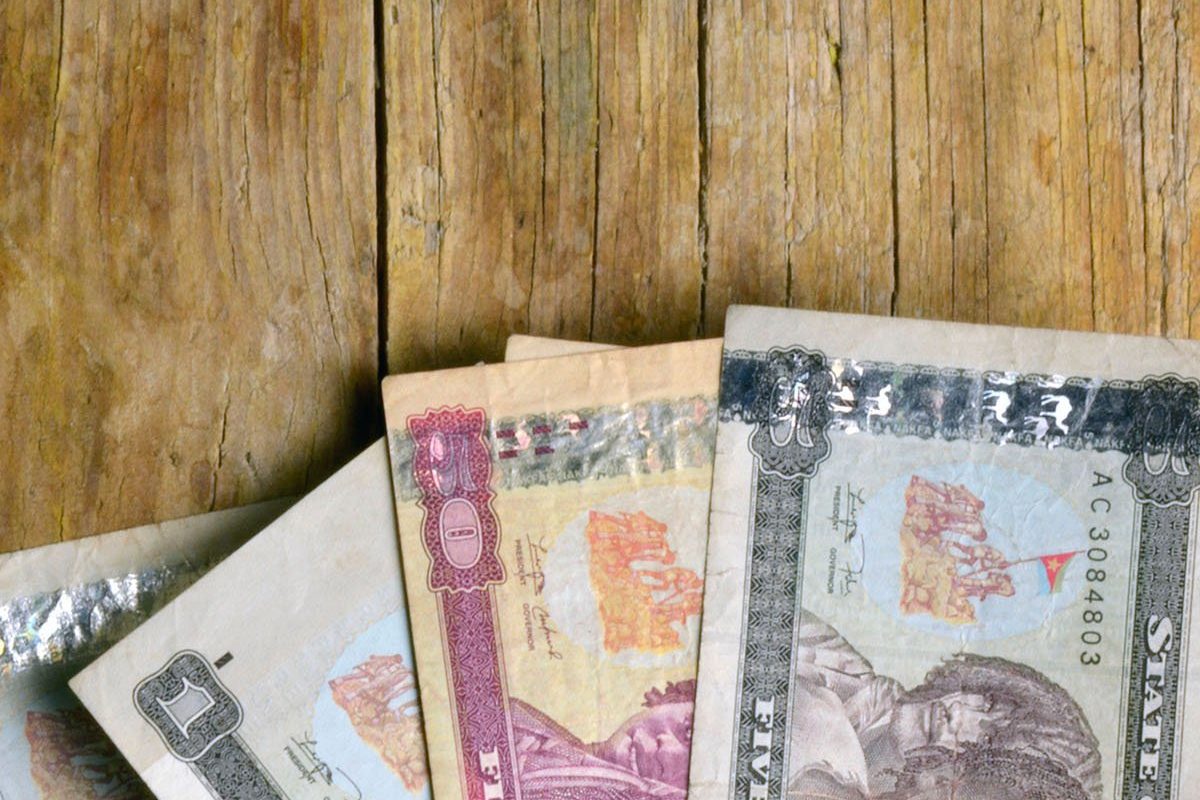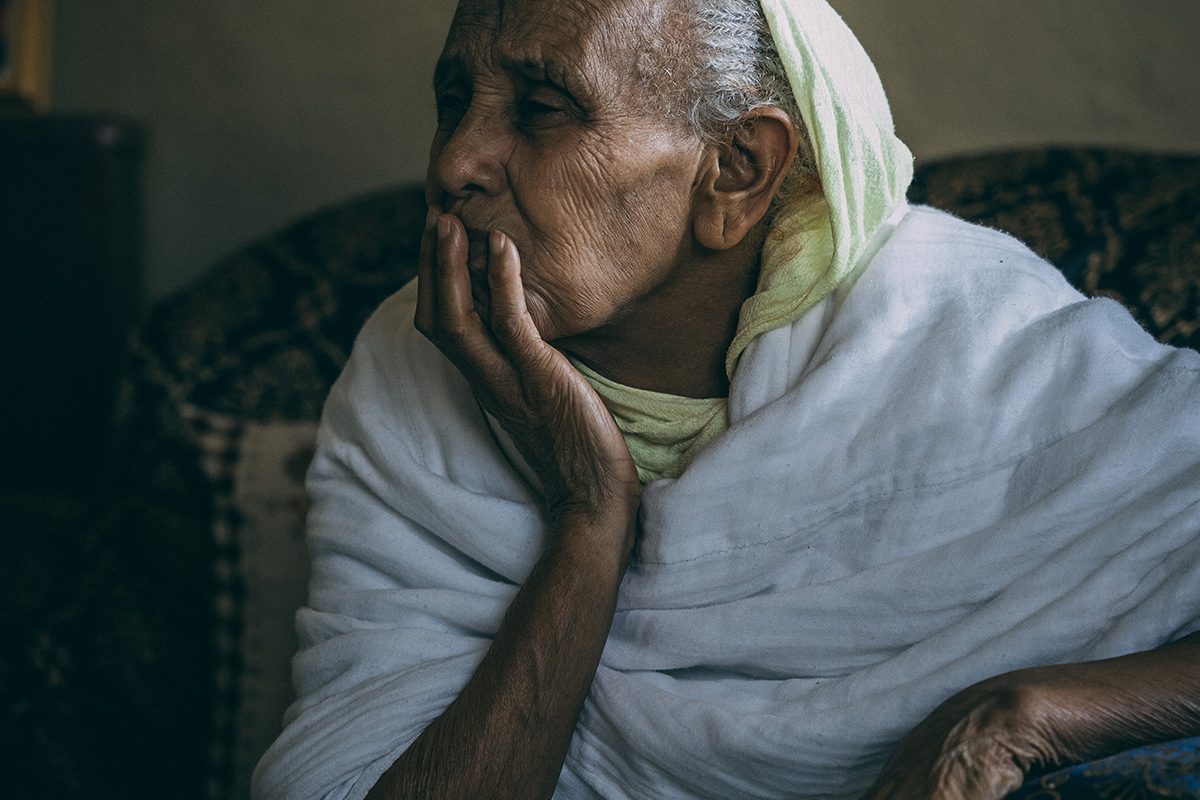The Eritrean diaspora contains a number of groups opposed to the dictatorial regime of President Isaias Afwerki but internal differences have prevented any effective action. How can they be brought together? It is time for the silent majority to speak up, writes Amal Stefanos.
The harvest season for beles – a sweet cactus pear, found in the Eritrean Highlands – is from June to September. During these months the streets of Asmara are lined with the fruit vendors and the diasporans on their summer holidays – earning them the tongue-in-cheek nickname ‘beles’ among the Eritrean locals.
For these short summer months, the diasporans experiences the realities of living in Eritrea: limited access to basic amenities, run-down infrastructure and telecommunications, restricted movement within the country, audible protests from imprisoned detainees and undoubtedly, the inability to speak freely as they would in the West, where many have taken refuge over the decades.
Given the recent fraught situation surrounding the role Eritrea plays in the conflict in Tigray, Northern Ethiopia, there seems to be a renewed political interest among those in the diaspora that had been fatigued by the country’s protracted dictatorship; simultaneously, there has been an awakening among those that had never previously been intrigued by the country’s affairs.
However, the Eritrean diaspora no longer has a common goal and its members have found themselves at odds with each other, perhaps more than ever before.
A decade after gaining independence in 1991, Eritrea found itself at a turning point for the worse. Isaias Afwerki, the former freedom fighter turned unelected President, and his overtly repressive regime, have remained in power ever since and operate in a vacuum-sealed gulag state.
The Eritrean government, which functions without a constitution, has been in flagrant violation of international human rights laws by illegally detaining and torturing political opponents, journalists, and failed escapees; there have been extra-judicial killings of its critics and indefinite military service.
Afwerki has single-handedly destroyed the Eritrean social and familial fabric. The cultural values have been eroded, leaving the Eritreans abroad the task of preserving as much of it as they can. The government dismantled the judiciary, crushed all forms of independent media and failed to erect new institutions. The only thing Afwerki’s government has institutionalised is fear.
The same fear that has crippled the country, has spilled over into the Eritrean diaspora. This fear that consumes members of the diaspora, may seem unfounded and maybe even, paranoid. However, though often overlooked, there is very real intimidation against the diaspora, manufactured in the air-tight system built by the Eritrean government and its embassies.
The regime’s message to those that do not agree with its policies is ‘the Eritrean government’s hand is long enough to reach you, wherever you may be’. This ‘hand’ being the Eritrean embassies. Being critical of the government and its policies is considered synonymous with being a traitor; this is the very foundation on which the dogma of fear is built.
The ruling party, the People’s Front for Democracy and Justice (PFDJ) has capitalised on the existing focal points in the diaspora that were built during the 30-year struggle for independence. More importantly over the years, they invested heavily in creating a nationalist youth faction, YPFDJ, that can be found across Western nations. Responding to of the indoctrination that has captured them, the supporters show a united front, making it difficult to penetrate the shadowy organisation. Perhaps not all who are affiliated with the party at large truly believe in its policies, but the cost of saying so could be too high a price to pay. However, ‘keeping the peace’ out of fear, is merely an illusion.
Lack of clarity
Against this background, there are political opposition groups, civic organisations, youth activist groups, and more recently a transitional government-in-exile that all share a common goal: to remove the ruling party. However, the lack of clarity and organisation among these varying groups of Eritreans does not instil much confidence – 30 years later, the same issues are still prevalent. From the outside looking in, the confusing moving parts among the anti-regime groups dilute the main efforts.
There are two groups within the diaspora that seem to have lost sight of the bigger picture. The most worrying group among the diaspora are those who do not support the regime, but whose animosity towards the former ruling party in Ethiopia, the Tigray People’s Liberation Front (TPLF) is such that they would rather see its downfall, irrespective of how it is achieved. Their attitude could mislead them into thinking they are showing patriotism, whereas they are inadvertently supporting the regime. The notion of ‘settling scores’ is deeply rooted in the generational trauma that spans decades; and the longer the hatred festers the longer this cycle will keep repeating itself.
The second group, given the ongoing conflict in Tigray, calls for the removal of the Eritrean ruling party “by any means necessary”, suggesting they would align themselves with the TPLF. In theory, this is a strategically viable option, however, the reality is the distrust between the peoples will overshadow the potential collaboration.
Additionally, this could prove to be catastrophic for Eritrea’s sovereignty given the last 20-odd years of a ‘no war, no peace’ standstill between Eritrea and Ethiopia (and other ramifications partially due to the TPLF’s policies).
This is a clear indication that the anti-regime supporters are losing patience and are willing to use any opportunity to take matters to the next level. What would happen if an impulsive move of this magnitude, without a clear cohesive plan, was made? What would happen to all the activists-in-exile and civic organisational efforts? What does ‘by any means necessary’ mean?
Silent majority
There is a silent and untapped majority among the diaspora that is caught between these forces and the situation on the ground in Eritrea.
The anti-regime members abroad need a consolidated leadership that is confident and has a clearly articulated vision to capture the diaspora.
What is needed is a mass collaboration among all the various organisations to present a united and diverse front, a hopeful representation of the future of Eritrea. An intentional effort needs to be made to include women and the youth in the call to achieve re-liberation – for without them there is no movement.
It is high time that a functioning democratic government is re-established through discourse. The diaspora is integral to the Eritrean fabric and its economy, it is time for the silent ‘beles’ to shed their prickly thorns that have since given them cover and speak up – to normalise asking questions, normalise holding the current and future government officials accountable, normalise the freedom to be.
Amal Stefanos is an Eritrean researcher, writer, and educator.
Article originally published in The New African




